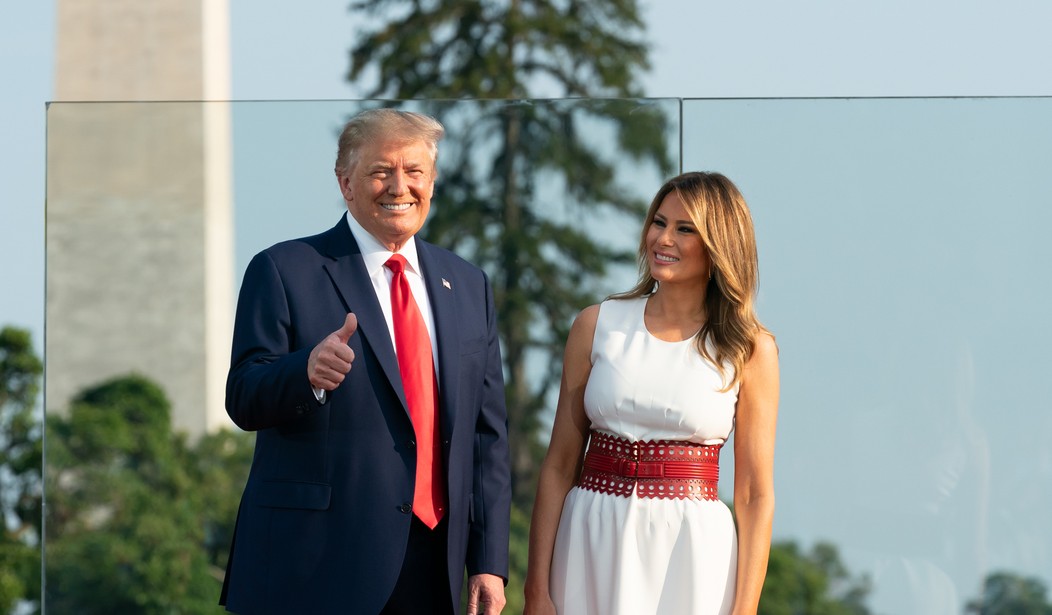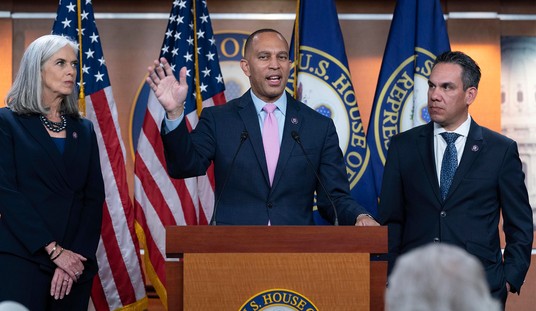
Somehow, Donald Trump managed to lose the cases revolving around his financial records today but still walk away the winner. How did he manage that feat? As with most things to come out of the Roberts court, it’s complicated and a matter of timing.
The first case involved the New York district attorney, an outspoken anti-Trumper who is pursing a clearly political investigation of the President. Mr. Vance sought Trump’s tax returns and other financial records via subpoena. The White House lost that case 7-2, with the majority noting that blanket immunity does not apply in this case to stop the subpoena.
But, and this is the important part, the case is being kicked back down to the lower court with a roadmap provided for how to keep the case going.
The Vance opinion does not set up roadblocks to the same extent that the Mazars opinion does, but Presidents will nonetheless take comfort from this passage about how to fight a state grand jury subpoena: pic.twitter.com/tw0MCR6XZ5
— Andy Grewal (@AndyGrewal) July 9, 2020
What you are seeing here is an invitation by Roberts for the Trump administration to re-challenge the subpoena on different grounds. Though they may also lose that fight in the end, it will not be a fight decided before the election. In other words, Trump has successfully shelved this issue until it will no longer matter politically.
I will note that given the implications of this investigation on a personal level, it would behoove the President to actually do a better job of trying to win re-election. If he loses, Vance is not going to lose interest. He’s going to do everything he can to “take down” Trump, even out of the White House. Trump will also lose some of the arguments against the subpoena if he becomes a private citizen in early 2021.
The second decision is also technically a “loss” for Trump, but only in the most narrow terms. In reality, Nancy Pelosi, Jerry Nadler, and House Congress get slapped down hard by SCOTUS, with not even the liberals of the court agreeing that their fishing expedition is proper.
Here's the upshot for Congress: Supreme Court says lawmakers need to consider four things when subpoenaing the president:
-Are documents really needed to for legislative purpose?
-Is subpoena as narrow as it can be?
-More details the better on need.
-How burdensome on Prez? pic.twitter.com/25ahQS1zR6— Todd Ruger (@ToddRuger) July 9, 2020
Those stipulations are the new test being applied by Roberts and nothing House Democrats are currently doing passes those tests. This essentially puts the kibosh on their Trump document witch hunt, though I’m sure they are creative enough to find other things to pursue.
The court kind of wraps itself around the axle of "Trump is sort of right but also wrong" and "House Dems are sort of right but also wrong" and the Thomas dissent is like, um, no. Legislative subpoenas outside of the impeachment process are actually not a thing. pic.twitter.com/SWqc2fUcnu
— Rachel Bovard (@rachelbovard) July 9, 2020
The first passage in that tweet is from the majority, which calls out House Democrats for their obvious power grab. Thomas takes it a step further in his dissent, and he’s 100% right. If Democrats want to subpoena documents like this, it should be done as part of the formal impeachment process. The idea that the House can operate as it’s own judicial system, whereby it can demand whatever it wants from a president for any reason, is not Constitutional and a clear violation of the separation of powers.
In the end, what both of these decisions mean is that nothing is going to happen before the election. These records are now largely irrelevant. If Trump wins re-election, he no longer has to fear their release politically, as he’d be a lame duck. If he loses, they become meaningless from a political standpoint for Democrats as well, as he’s no longer in office.
Trump may have “lost,” but he clearly walks away the winner here.














Join the conversation as a VIP Member